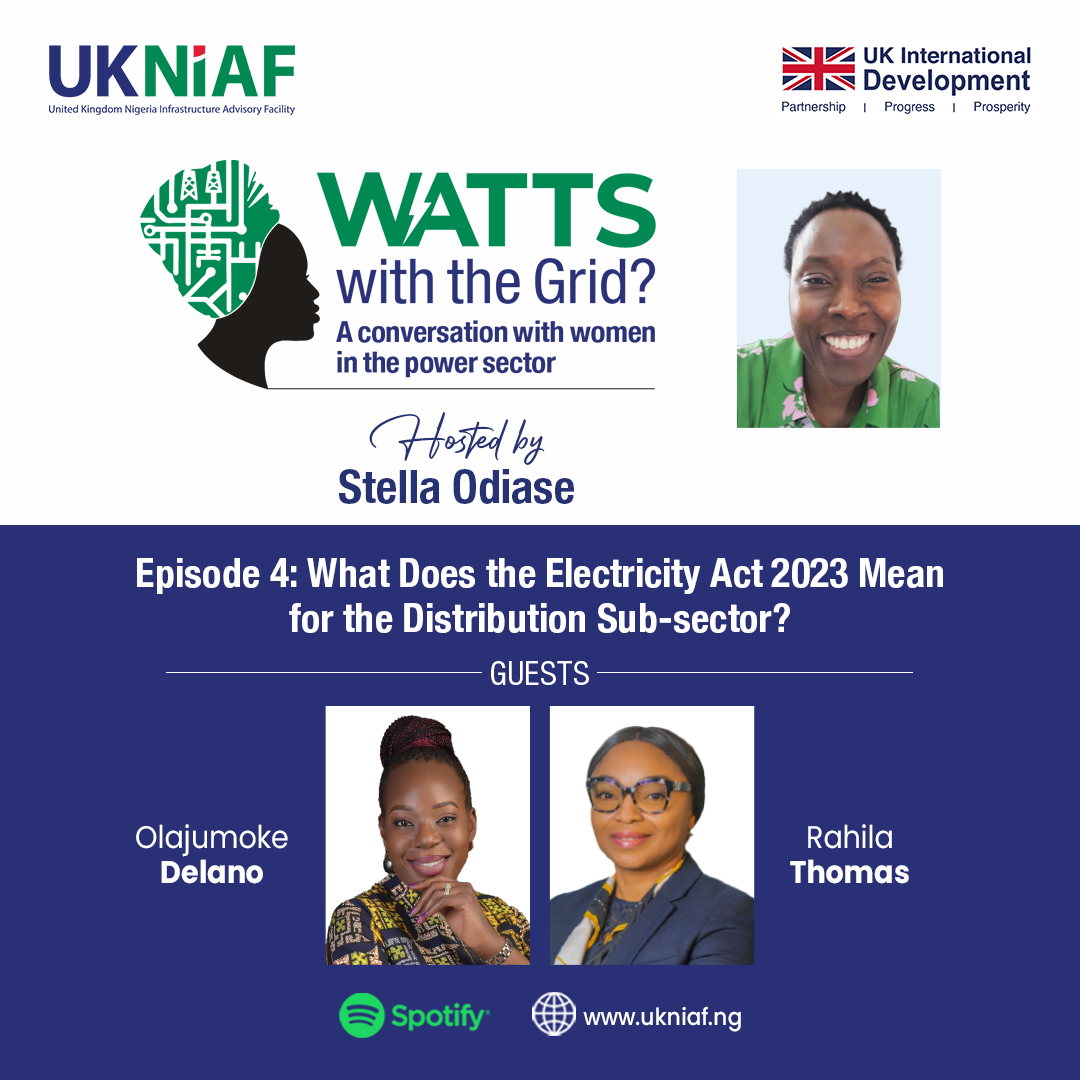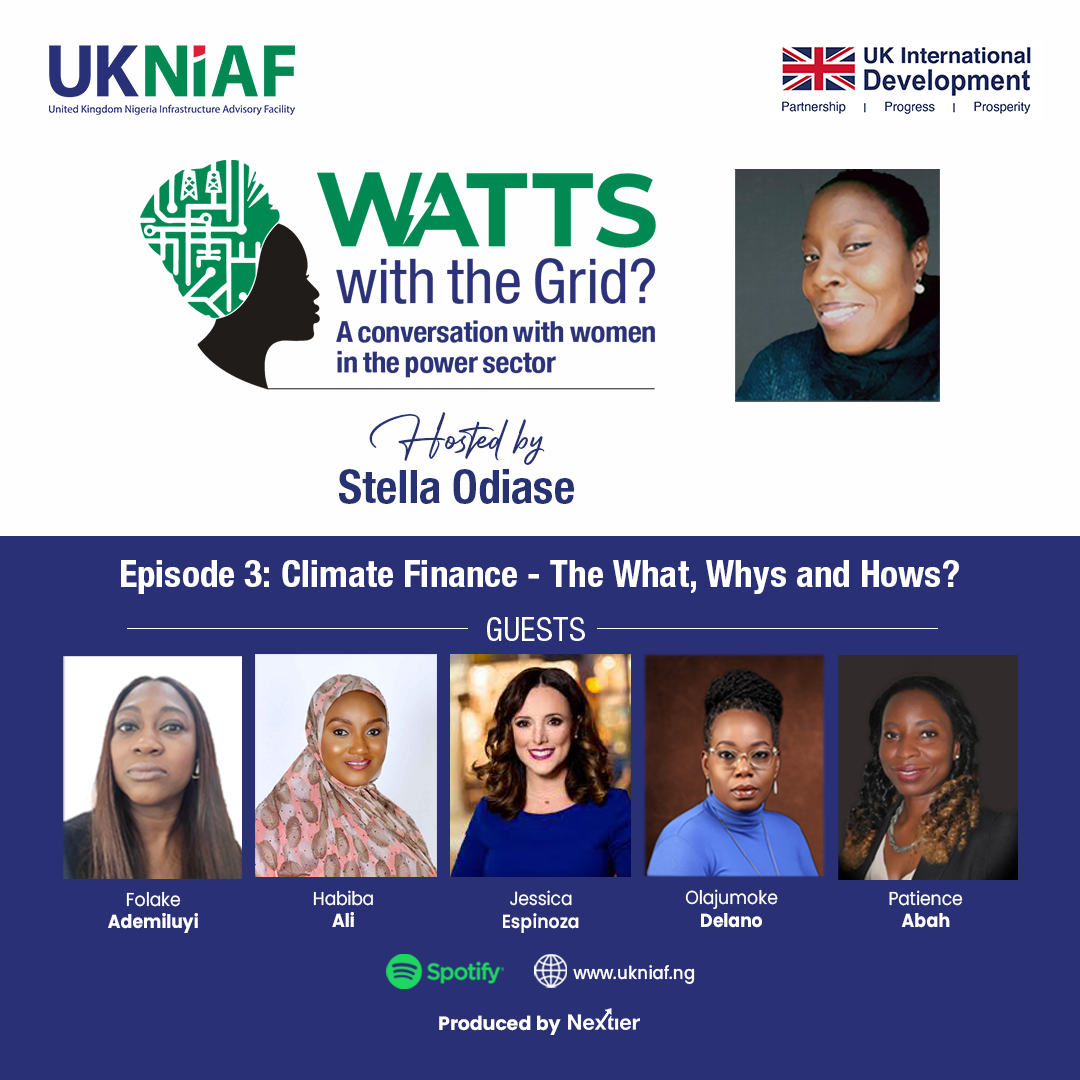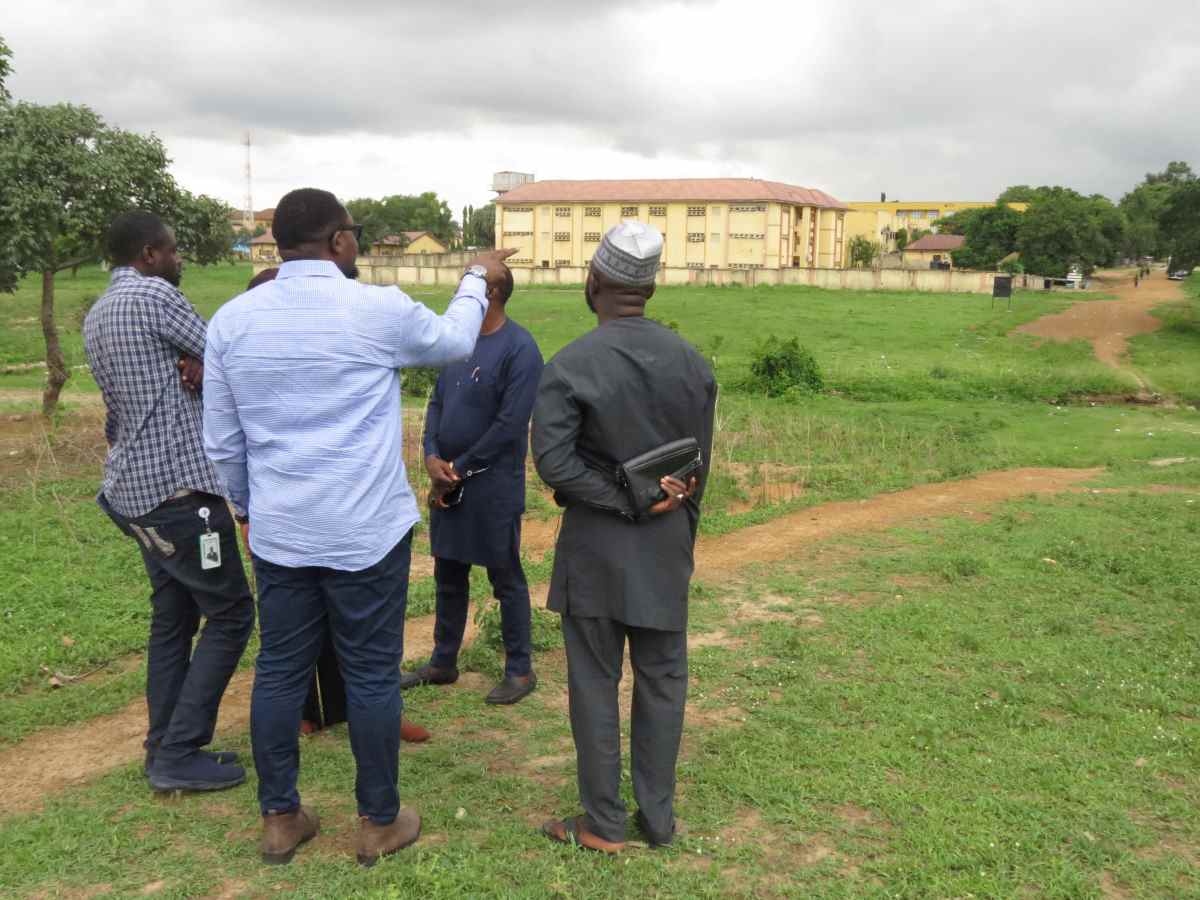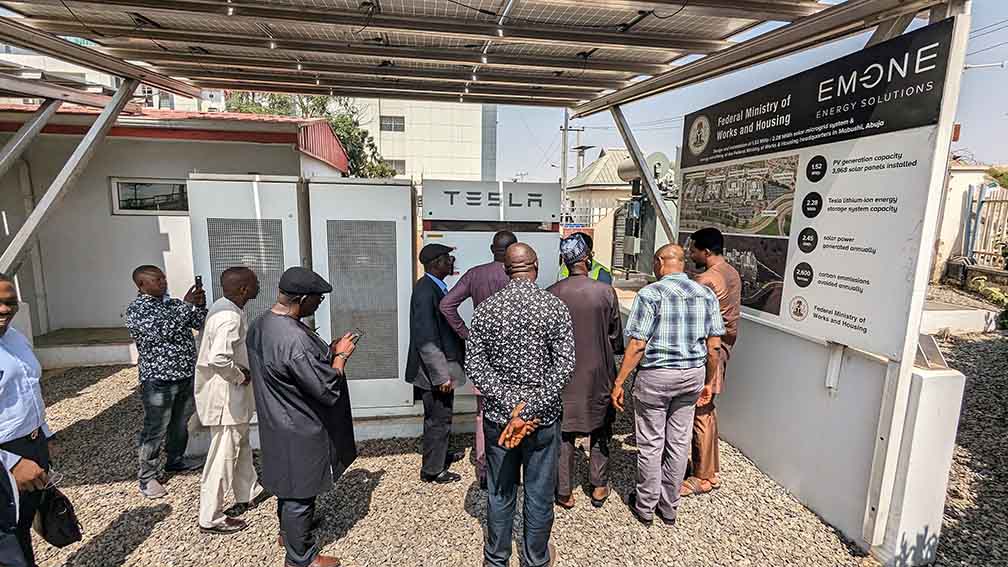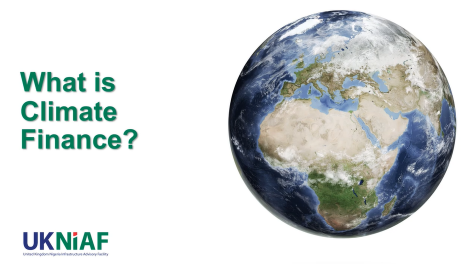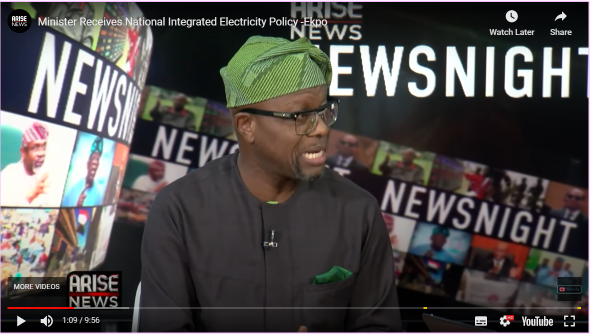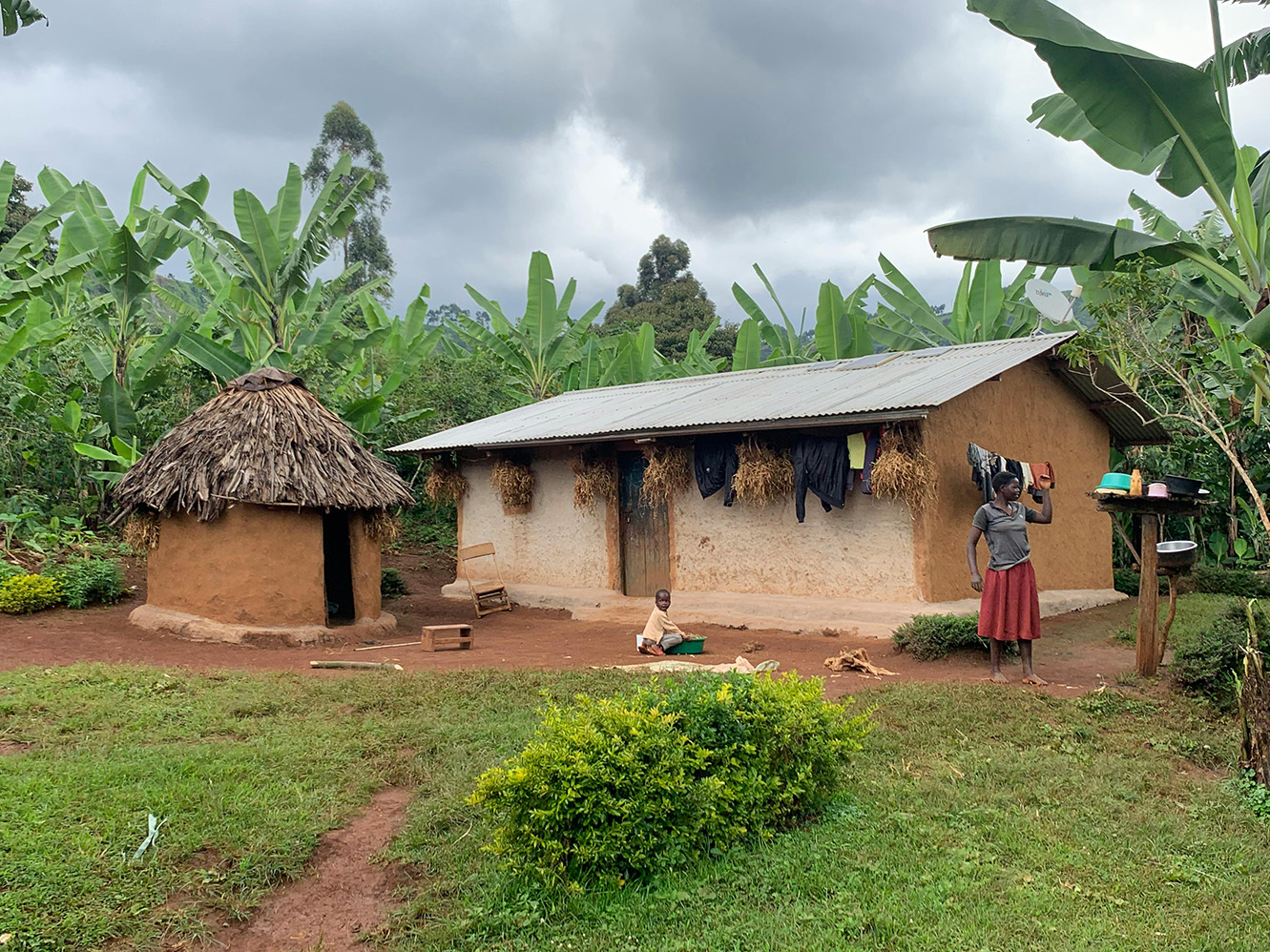With the [Electricity] Act, more questions have been thrown up than answers, but this roundtable will bring some of the answers.
– His Excellency, Governor Abdul Razaq Abdul Rahman
The Nigeria Governor’s Forum (NGF) and the United Kingdom Nigeria Infrastructure Advisory Facility (UKNIAF) organised the Roundtable on the Electricity Act of 2023 to discuss the Act and its implications for states in real life terms.
His Excellency, Governor Abdul Razaq Abdul Rahman chaired the event, which was attended by 23 different states, illustrated in the map.

His Excellency’s reflections around reconciling some of the provisions in the Act with the practical realities in Nigeria’s power sector resonated with the Roundtable participants. In the same way, the Act’s central idea of a decentralised electricity market rang true with the participants.
The Roundtable aimed to facilitate a policy conversation around the practical steps state governments need to take or be aware of to implement subnational electricity markets. Many meetings and workshops around the Electricity Act have brought together sector experts and agencies but not state governments. This was the first (and to date only) time, since the Act was passed, that a meeting of state governments was convened to discuss the new law. This Roundtable provided an opportunity to create awareness about the institutional building blocks required to establish subnational markets and potentially build a critical mass of actors from the states to facilitate follow-up discussions and initial steps.
Unpacking transformational change
Concerns of the state delegates were raised in questions like “What happens to the sector’s legacy debts?”, “Does every State need to set up a sub-national market?”, and “How do we address the capacity deficits required to set up State markets?” The capacity deficits within states were raised several times during the Roundtable, indicating how critical human resource capacity is to ensure the transformational impact of the Act within Nigeria.
But what is transformational change? Different organisations have varying descriptions of transformational institutional change. It explains change that is both deep and pervasive3, as well as change that affects not just an institution but also the outside eenvironment4. The International Climate Fund (ICF) provides a comprehensive guide for measuring transformational institutional change but recognises that the term is multi-dimensional and, in some ways, subjective5. In the ICF guidance, transformational change is described as “change that catalyses further changes”. The guidance further provides that transformational institutional change can be measured through indicators like political will and local ownership, potential to increase capacity and capability as well the extent to which an initiative creates leverage for others to act.
What does success look like?
Since transformational change is a means to an end, its ultimate measure of success is the extent to which this change translates to concrete results on the ground, even if these might be incremental. Two occurrences of progress towards transformational change resulted from the Roundtable.
The first instance was a significant step from rhetoric to action. Building a critical mass of better-informed state level stakeholders, knowledgeable about the implications of sub-national electricity markets was a Roundtable objective. The State Commissioners of Energy at the event took the issue further by forming the State Commissioners of Energy Forum. The Forum will take forward the Roundtable recommendations and next steps. This important advance enables states that were not able to attend the Roundtable to access the wealth of material and information disseminated and signifies a high level of political will when it comes to actioning some of the principles in the Electricity Act. It also represents an important next step in the policy conversation around sub-national markets.
So far, the Energy Commissioner’s Forum has made it possible for the State Energy Commissioners to participate in some policy dialogues at federal level, which has further raised awareness for more state policy makers.
When the Forum did not exist, it was normal to see individual Commissioners attend random events. The situation has changed with more state policy makers able to access relevant information about a critical national policy issue. The Forum has also (with the Nigeria Governors’ Forum support) developed an engagement roadmap for attracting investor interest in the states and providing the opportunity for peer learning and networking.
In the second instance the Nigeria Governors’ Forum, with UKNIAFs support, produced a Toolkit on Sub-national Markets for the State Commissioners of Energy Forum. With this toolkit, individual states have practical, easily accessible guidance to support them in:
- Conducting internal status stocktake to establish a baseline of State capacity to establish a sub-national electricity market.
- Setting up a mechanism for defining a state roadmap to sub-national electricity (including establishing policy, legislation, and regulatory institutions).
- Defining specific cross-state collaborations, possibly along distribution network lines.
The toolkit can be accessed here.

Facilitating the progression from Policy Dialogue to Policymaker Coalition
In UKNIAF we have learned several lessons regarding facilitating far reaching and sustainable transformational change. The first is that while the term coalition is typically associated with non-governmental actors, not with policy makers, transformational institutional change needs to be driven by groups of policy makers or policy maker coalitions.
Secondly it is important to leverage emerging policy moments as this will likely rally potential policy champions around a cause, which they can commit to. For instance, the Electricity Act and how it affects states had been a topical issue and something which most power sector stakeholders were keen to discuss. This served as a drawcard for State Energy Commissioners to attend the Roundtable.
It is also useful to partner with a country level focal point, which policy makers respect as this reinforces the credibility of the policy engagement process and mobilises the participation of policy makers. With the Roundtable, the Nigeria Governors’ Forum was key to mobilising the attendance of the states and their Energy Commissioners. The fact that the event was advertised as a collaboration between the NGF, and a respected international donor partner (FCDO) was important for securing a commitment by state governors or those delegated by them to attend.
It is very important to avoid creating the perception of ‘talking at’ policy makers during a dialogue or public facing event. This sometimes happens when the agenda for a policy discussion is packed with technical experts presenting numerous slides. This can result in key policy voices being stifled and practical challenges not being addressed. It can also stifle the emergence of the type of policymaker coalitions mentioned above. At the Roundtable there was more than one ‘all State’ panel discussion session where state government delegates provided updates on the issue at hand. This eventually led to the formation of the Forum of Commissioners of Energy.
While the above considerations are not prescriptive, they represent key learnings from over four years of providing infrastructure advisory support in a context with multiple challenges and competing interests.
Conclusion
The October 2023 Roundtable on the Electricity Act of 2023 served as a platform for discussing Nigeria’s energy policy, focusing on the involvement of state governments in implementing subnational electricity markets. This meeting led to the creation of the State Commissioners of Energy Forum, which aims to encourage ongoing dialogue and action among the states. The development of this forum and the associated toolkits for policymakers are steps towards practical changes in Nigeria’s power sector, in line with the objectives of the Electricity Act.
References
1. Stella Odiase- Cross Cutting Adviser, UKNIAF
2. Khadijat Baba-Muhammad- MEL Director, UKNIAF
3. https://tinyurl.com/3zhue6f4



